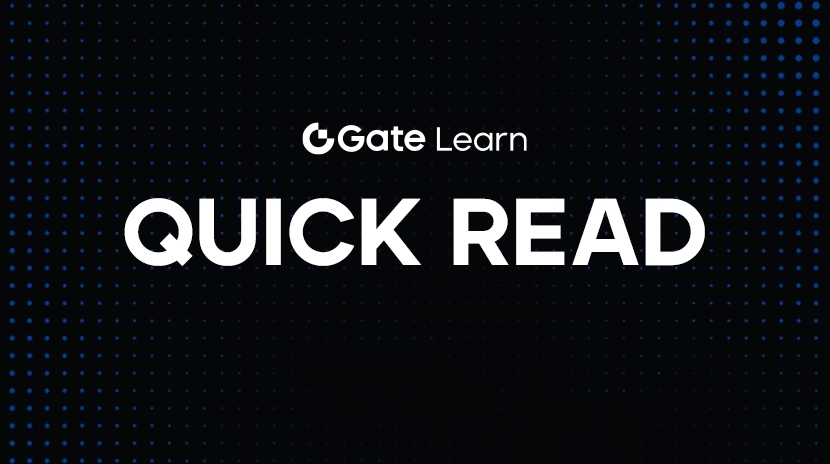What is Planck Network (PLANCK)?
What is Planck Network?
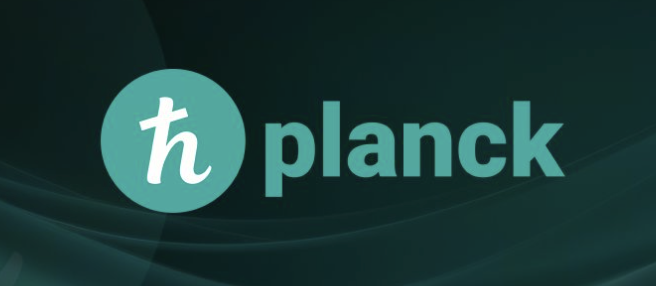
(Source: plancknetwork)
Planck Network is a decentralized computing protocol that merges blockchain technology with AI, focused on building a comprehensive AI Computing Stack. This enables AI model training, inference, and deployment within a decentralized framework. Unlike traditional cloud solutions like AWS or Google Cloud, Planck does not depend on centralized data centers. Instead, it leverages a globally distributed network of GPU nodes, ensuring every phase of AI computation is transparent, modular, and composable.
The Planck technology framework is built on two core layers:
Planck₀ — Modular Layer-0
Planck₀ is the foundational layer for AI-native blockchains, Rollups, and DePIN projects. It provides shared security and interoperability, allowing diverse AI application chains to collaborate seamlessly within a unified architecture.
Planck₁ — Compute-Native Layer-1
Planck₁ is an independent mainnet featuring native GPU scheduling and payment systems. It underpins AI model inference and high-throughput computing, and integrates smart contracts, data settlement, and computing resource trading modules.
This dual-layer structure positions Planck as both the foundational blockchain infrastructure and the application layer directly supporting AI development and deployment.
Core Components of Planck
The Planck AI computing stack is a fully realized product ecosystem, extending from raw computing power to end-user applications:
1. GPU Console — Decentralized GPU Cloud
The Planck GPU Console forms the backbone of its infrastructure, leveraging bare metal servers in Tier-1 data centers worldwide. Users rent GPU resources directly, with Planck’s intelligent scheduling system automatically allocating computing power. Compared to AWS or Google Cloud, Planck can reduce GPU cloud costs by up to 90%, dramatically improving AI development accessibility and cost efficiency.
2. AI Studio — Decentralized AI Development Platform
AI Studio is Planck’s flagship application-layer product, offering enterprises and developers an all-in-one AI development platform (PaaS). Key features include:
- Model training and fine-tuning
- Model deployment and inference
- MLOps consulting and custom model support
Enterprises can build proprietary AI workflows in AI Studio without relying on centralized computing, gaining greater freedom and data sovereignty for AI business applications.
3. AI Cloud — Decentralized Infrastructure Layer (IaaS)
Planck AI Cloud offers on-demand, scalable GPU computing services designed for:
- Model training in research institutions
- AI model inference for Web3 projects
- Computing needs of tech companies and startups
This cloud platform allows users to access decentralized computing power as needed, scale resources flexibly, and lower infrastructure expenses. Powered by Planck’s intelligent scheduling, AI Cloud automatically matches tasks to the most suitable GPU nodes.
Planck’s Technical Advantages
- Modular and Composable Architecture
Planck’s Layer-0 and Layer-1 are modular, enabling developers to launch AI-native blockchains, Rollups, or industry-specific chains, all operating collaboratively with shared security. - GPU-native Design
Planck₁ incorporates native GPU scheduling and payment functions, enabling real-time, on-chain allocation and rental of GPU resources and supporting a decentralized GPU marketplace. - Cost and Performance Optimization
Planck has deployed over $60 million in H100, H200, and B200 GPU hardware, generating more than $1 million in annual revenue. Compared to leading cloud providers, Planck cuts computing costs by up to 90%. - Strategic Partnerships and Funding
Planck is backed by major industry leaders and venture capital, including:
- Investors: Brock Pierce, Scott Walker, GDA Capital, DePIN X
- Technology Partners: Microsoft, AWS, Nvidia, Chainlink
- Team members from: Google Cloud, Nvidia, Coinbase, Polkadot, NEAR
Planck’s Vision
Planck’s ultimate ambition is to become the Compute & Coordination Layer for the decentralized AI ecosystem. It is more than just a GPU rental platform. Planck aims to be the foundational infrastructure for the entire AI economy. This enables:
- Native AI model integration for Web3 applications
- Shared computing power and data for scientific research via Planck Network
- Rapid, cost-effective AI industry entry for startups
Planck is not simply another blockchain project; it is building the operating system for AI computing.
Tokenomics
Planck Network’s native token, $PLANCK, is the ecosystem’s core value driver—used for payments, incentives, staking, and governance.
Token Utility
- Payment for computing resources: Users pay for GPU computing and AI services with PLANCK.
- Node staking and governance: Node operators stake PLANCK to maintain network security and participate in governance.
- Reward distribution: Incentives for computing power providers, developers, and community contributors.
- Platform fee settlement: All usage fees in AI Studio and AI Cloud are settled in PLANCK.
Token Allocation
PLANCK’s total supply is 500,000,000 tokens, with long-term release and vesting mechanisms to ensure market stability and align team incentives. Allocation includes:
- Emissions — 30%: For network rewards, node incentives, and long-term liquidity—critical for sustainable growth.
- R&D and Ecosystem — 20%: For protocol upgrades, technology development, and partner integrations, establishing Planck as a bridge between Web3 and AI.
- Core Team — 18.9%: Vested to secure long-term commitment and incentivize ongoing development and network governance.
- Liquidity — 13%: Provides initial trading liquidity, ensuring a stable token market.
- Community — 4.5%: For marketing, education, and community rewards to drive user engagement.
- Pre-TGE Staking — 4%: Incentivizes early supporters during network launch, providing initial liquidity and node participation.
- Seed + Series A — 7.9% (Pre-Seed 0.5%, Seed 3.8%, Series A 3.6%): Strategic and institutional investment for platform growth.
- KOL + Public Sale — 0.7%: For community promotion and public sale distribution, enhancing decentralization.
- Partnerships — 1%: For collaborative development and value chain integration within the ecosystem.
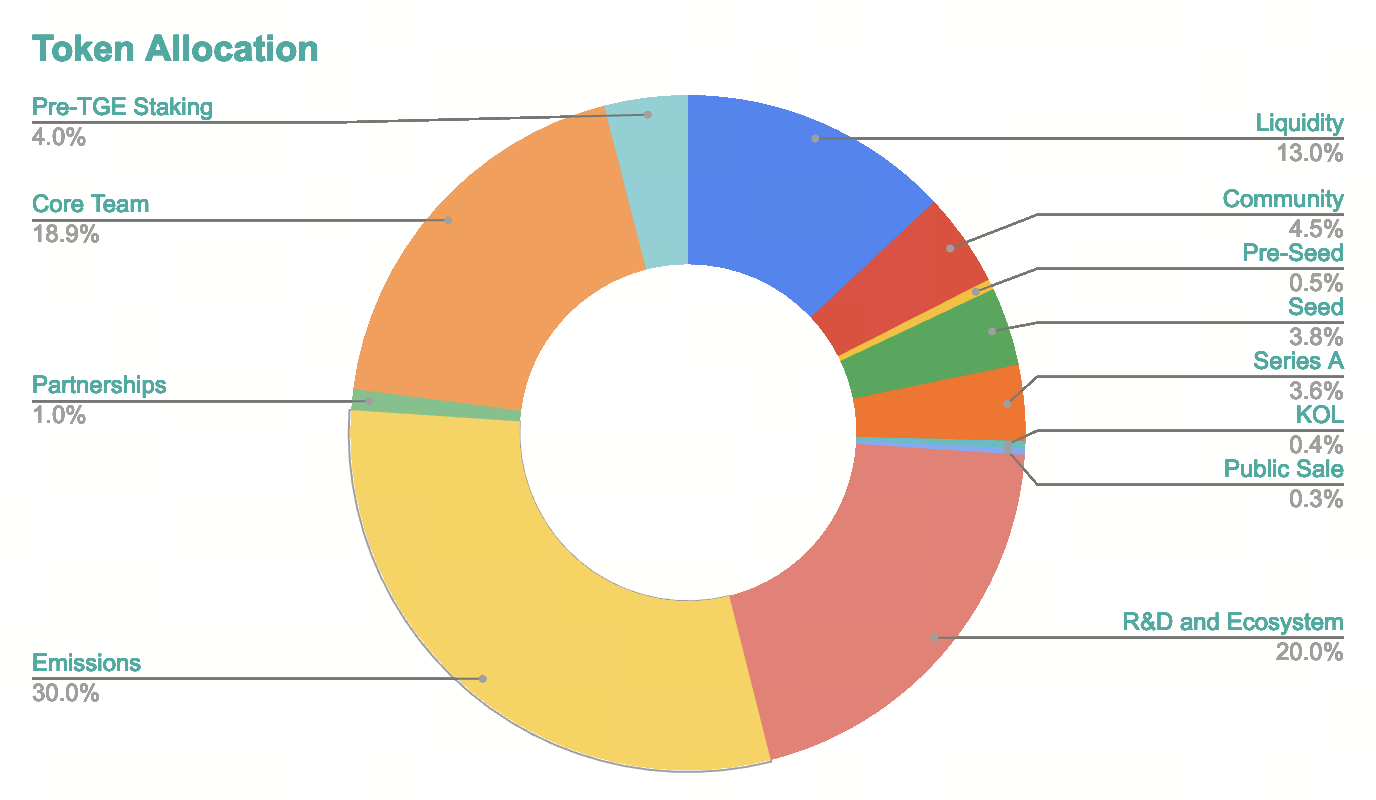
(Source: plancknetwork)
This structure balances developer incentives and community participation. Vesting and linear release schedules ensure token market health and price stability.
For more on Web3, register here: https://www.gate.com/
Conclusion
Planck Network is more than decentralized computing power—it is the foundational force that unites AI and blockchain, reshaping the future of cloud computing. Planck enables intelligence, computing resources, and value to move freely within open architectures. As AI defines the next generation of the internet, Planck stands not only as a participant but as a cornerstone in building the future—a platform bringing decentralized AI to life.
Related Articles

What is Fartcoin? All You Need to Know About FARTCOIN
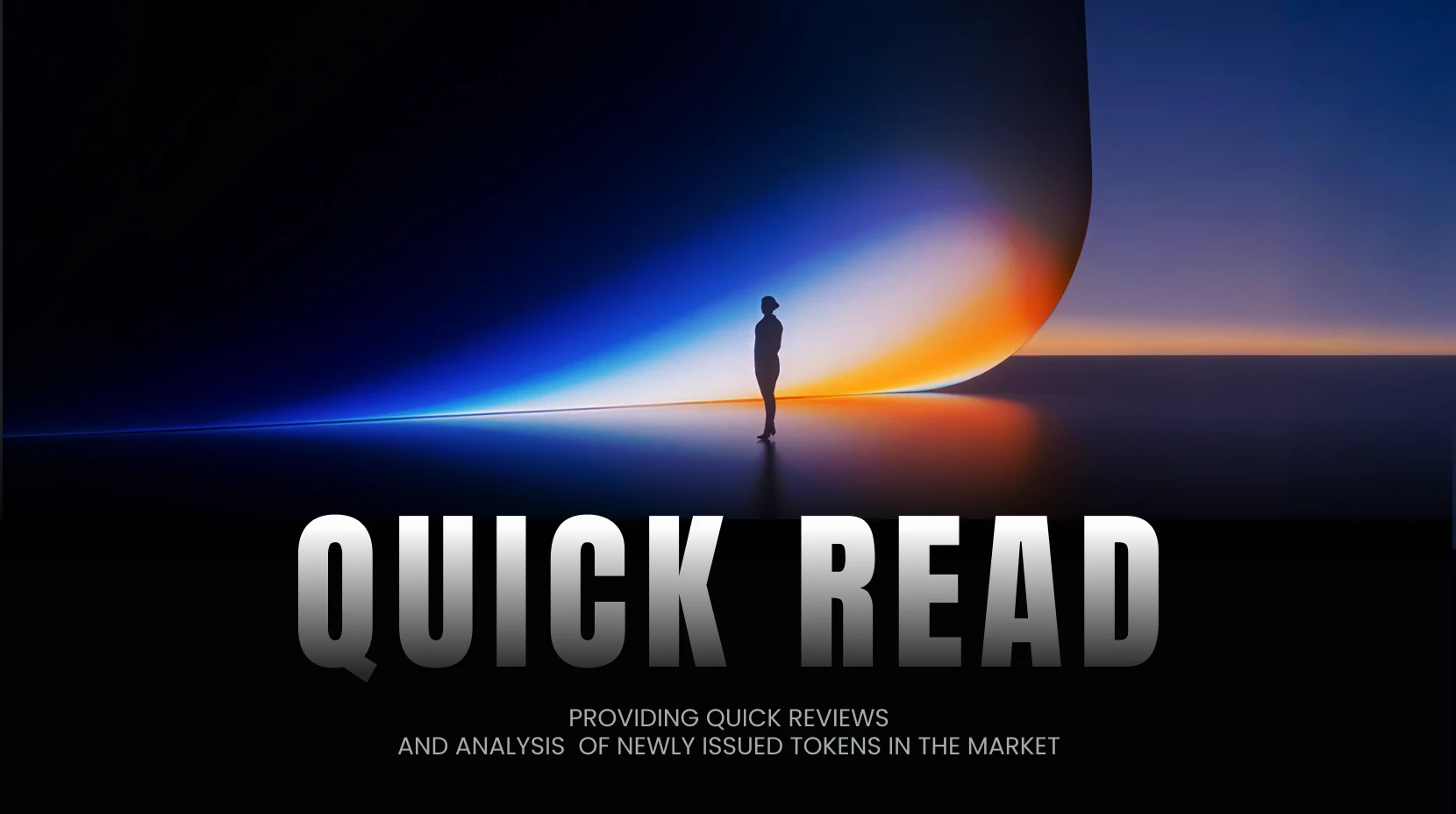
Gold Price Forecast for the Next Five Years: 2026–2030 Trend Outlook and Investment Implications, Could It Reach $6,000?
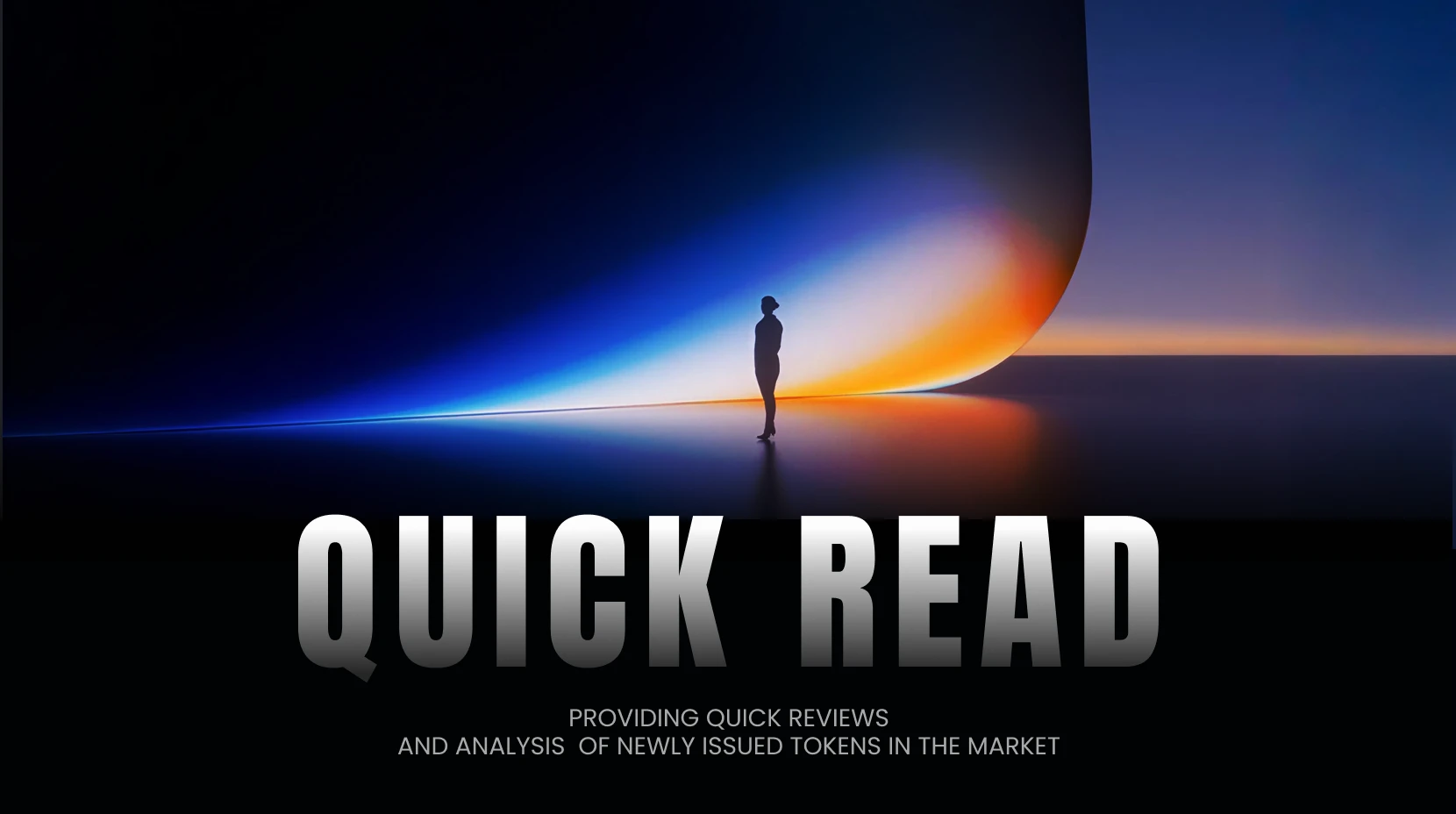
2026 Silver Price Forecast: Bull Market Continuation or High-Level Pullback? In-Depth Analysis of Silver Candlestick Chart
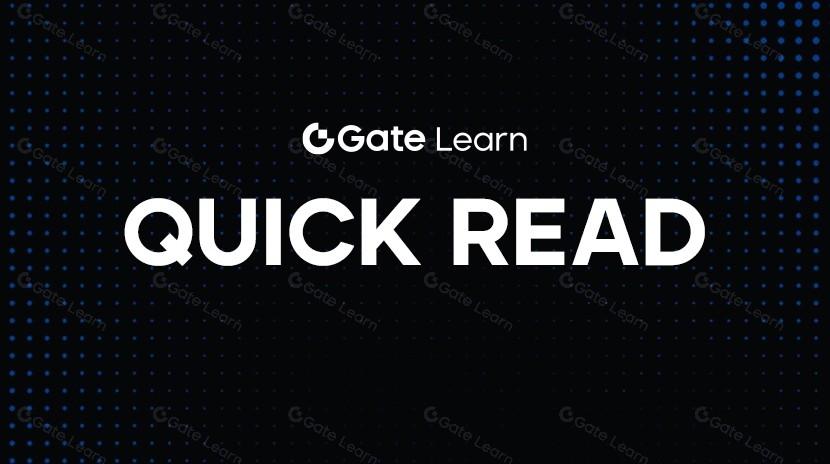
Crypto Future Profit Calculator: How to Calculate Your Potential Gains
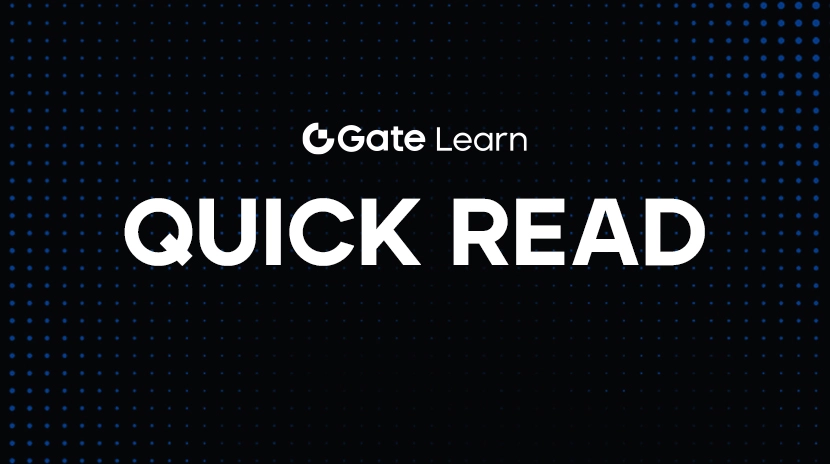
Crypto Futures Calculator: Easily Estimate Your Profits & Risks
